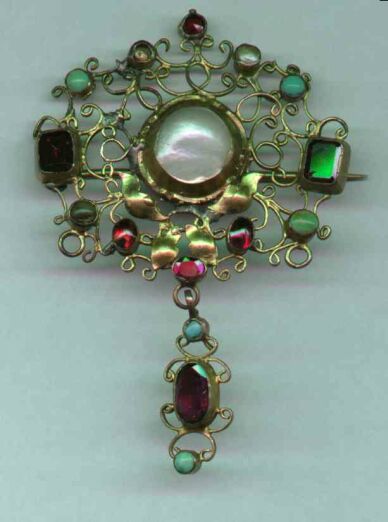Baroque goes hiphop
After a visit to the Alte Pinakothek, a famous Munich museum for old masters, we decided to find out more about "Baroque topics on baroque paintings" (Caravaggio, van Dyck, Rubens) because the same ideas reappear in poetry.

Most important for our project is a young poetess, Sibylla Schwarz, who died when she was only 17. Her sonnet "Is Love a fire?" is our favourite poem of all the 40 baroque poems which we read.
In "Biography of Sibylla Schwarz" you will learn something about living in the times of the Thirty Years´ War.
A synopsis of all our interpretations on her poem can be found in "Some thoughts about Sibylla Schwarz´ sonnet `Is love a fire?`".
"Sibylla Schwarz´ sonnet in modern German" is of course not translated into English.
How would Sibylla Schwarz´ topic be dealt with today? More information in "Sibylla Schwarz in the year 2000 – disdained love today".
A very progressive way of dealing with the baroque poem is "`Old school new school`- baroque poetry goes hiphop". .
Interpretation of "Sonnet. Vergänglichkeit der Schönheit" by Christian Hoffmann von Hoffmannswaldau in the German version only
Christian Hoffmann von Hoffmannswaldaus poem "Sonnet. Vergänglichkeit der Schönheit" in modern German only.
Our last text, which is not to be taken too seriously, is a comparison between a 17th century poem and Lou Bega´ s Oktoberfest hit from 1999. You are confronted with the fact that in more than four centuries not much has changed: "Nothing new in this world! Georg Greflinger´ s `Those whom he once loved` (1644) and Lou Bega` s `Mambo No.5´ (1999)".
Maria v. Hartmann-Schultz